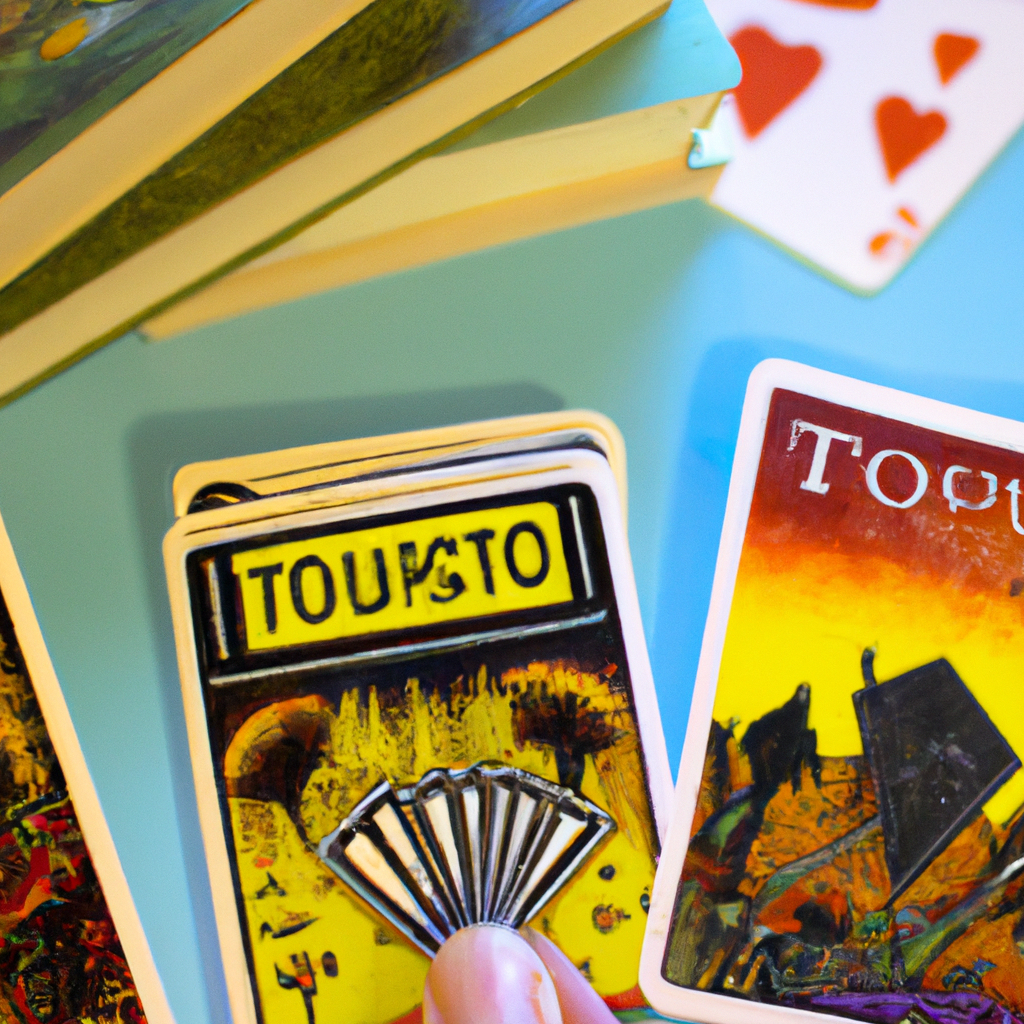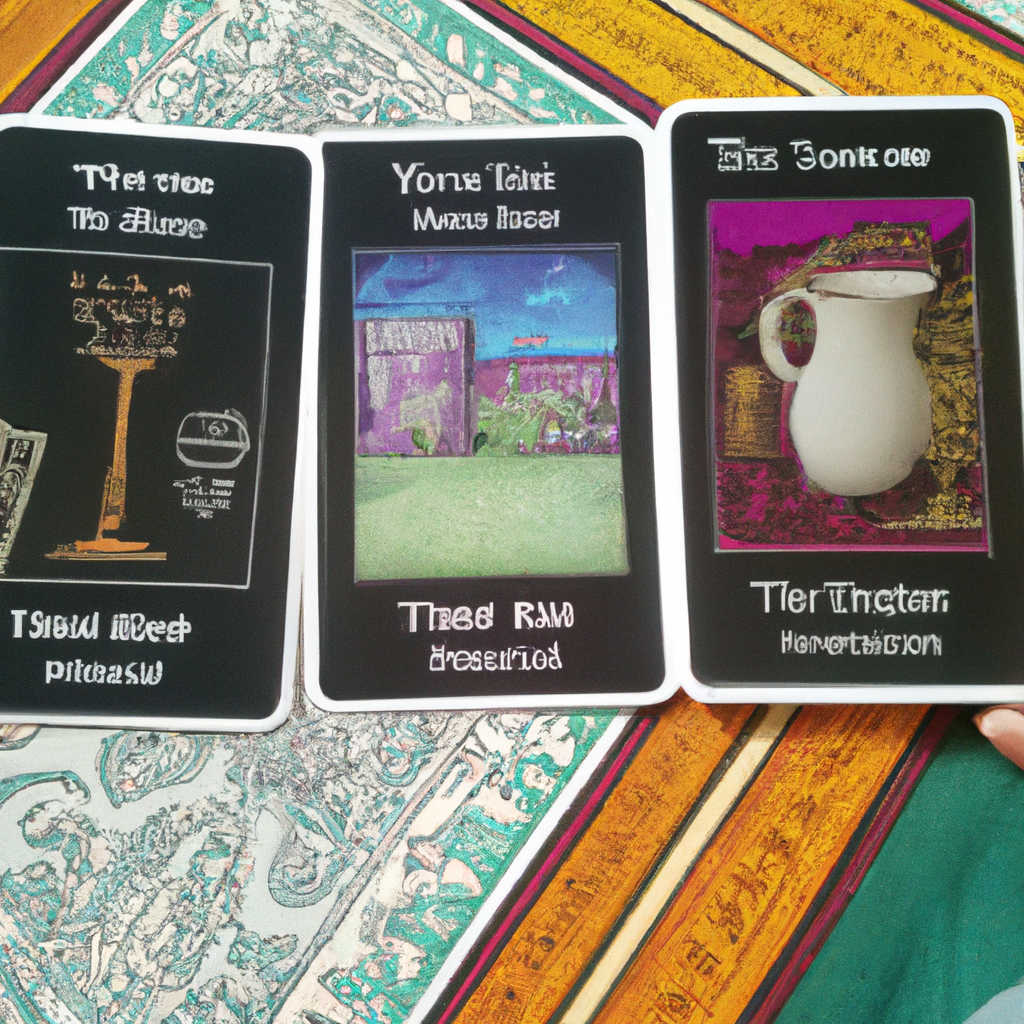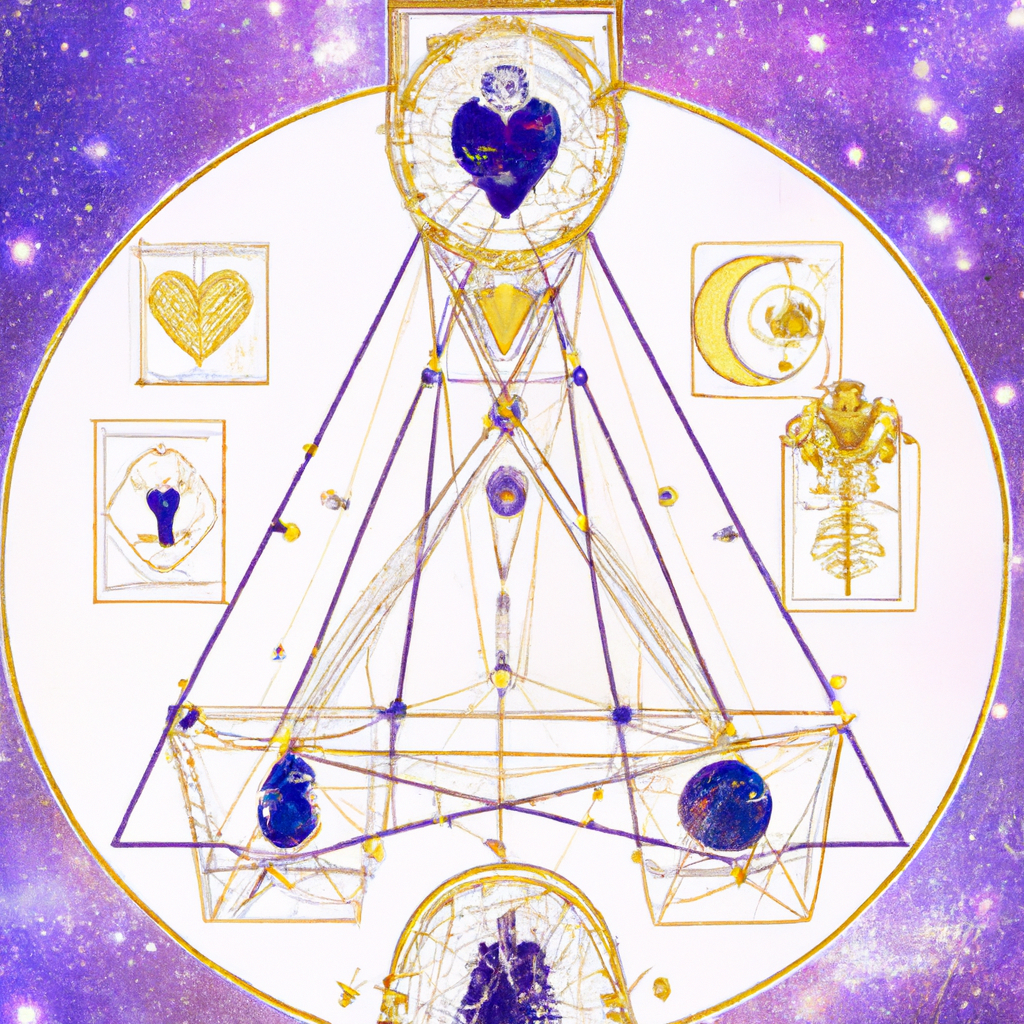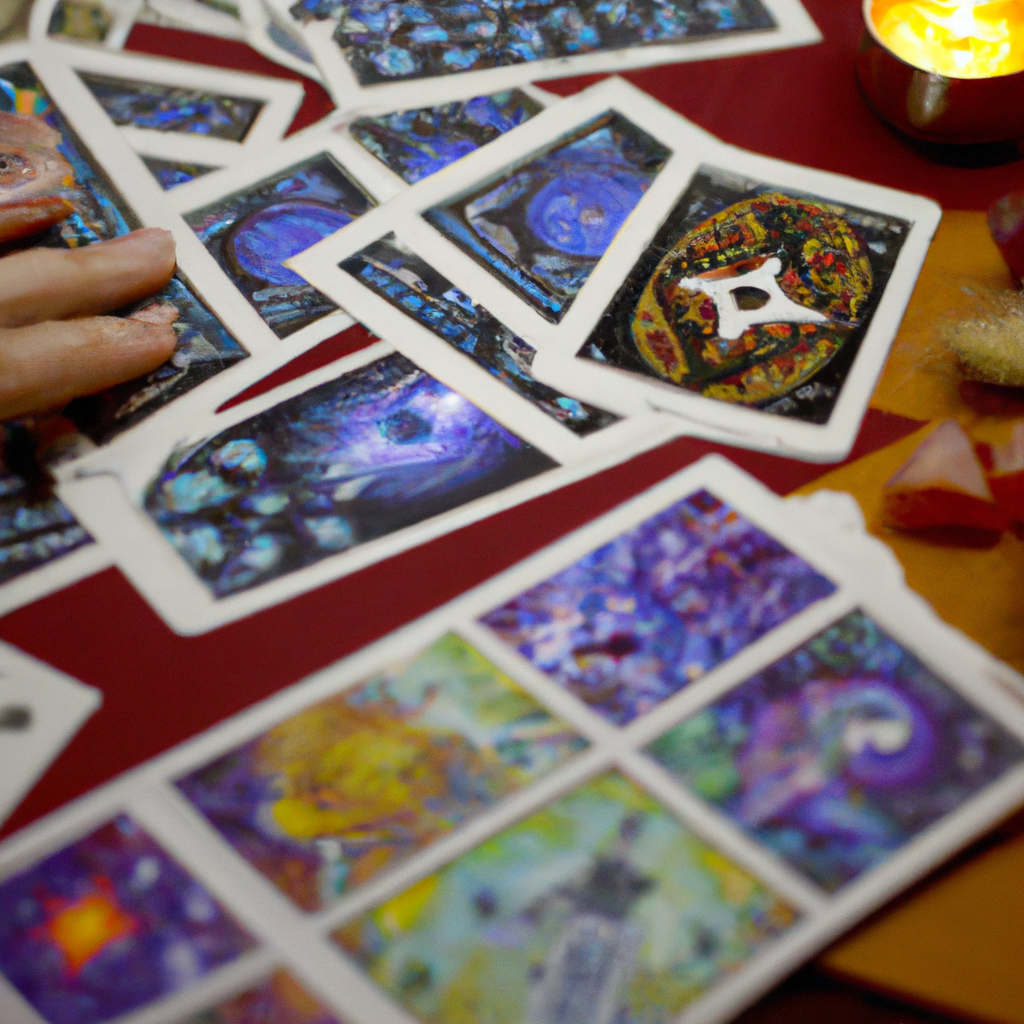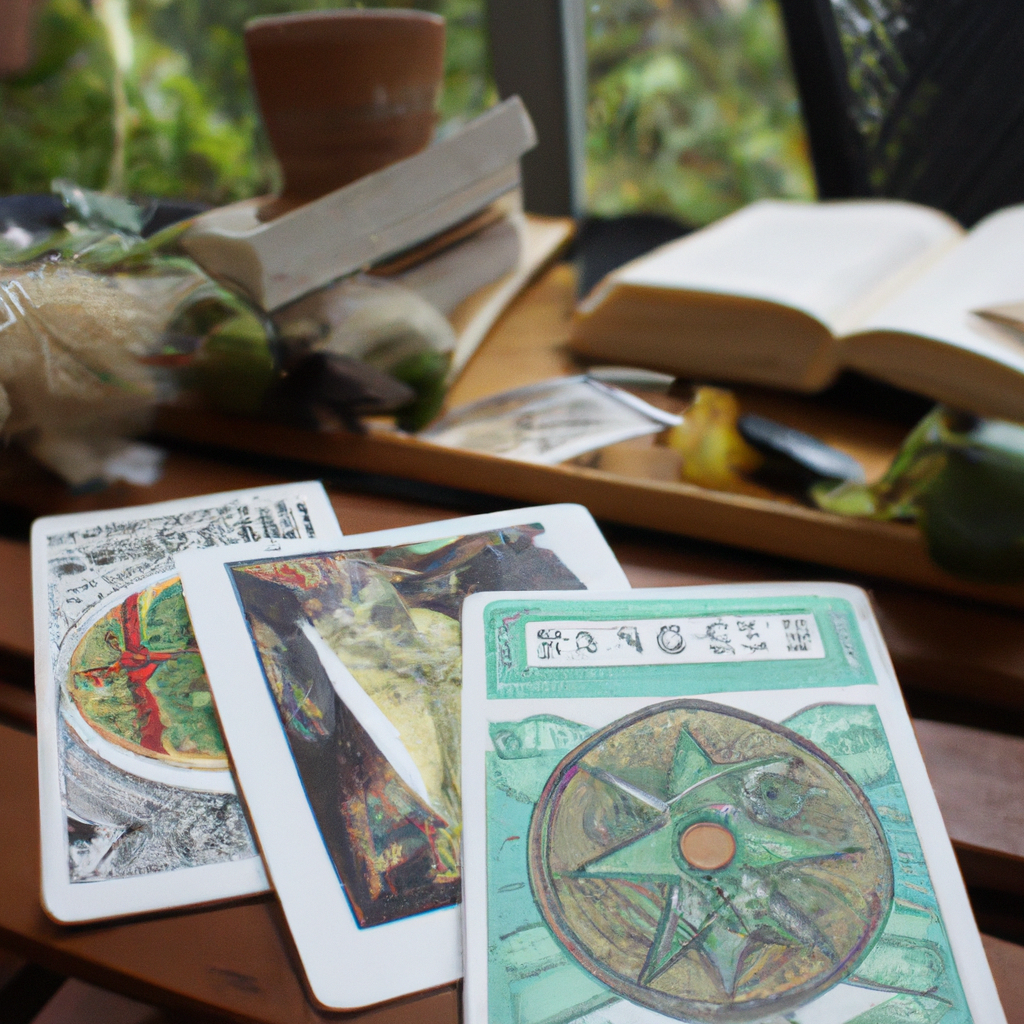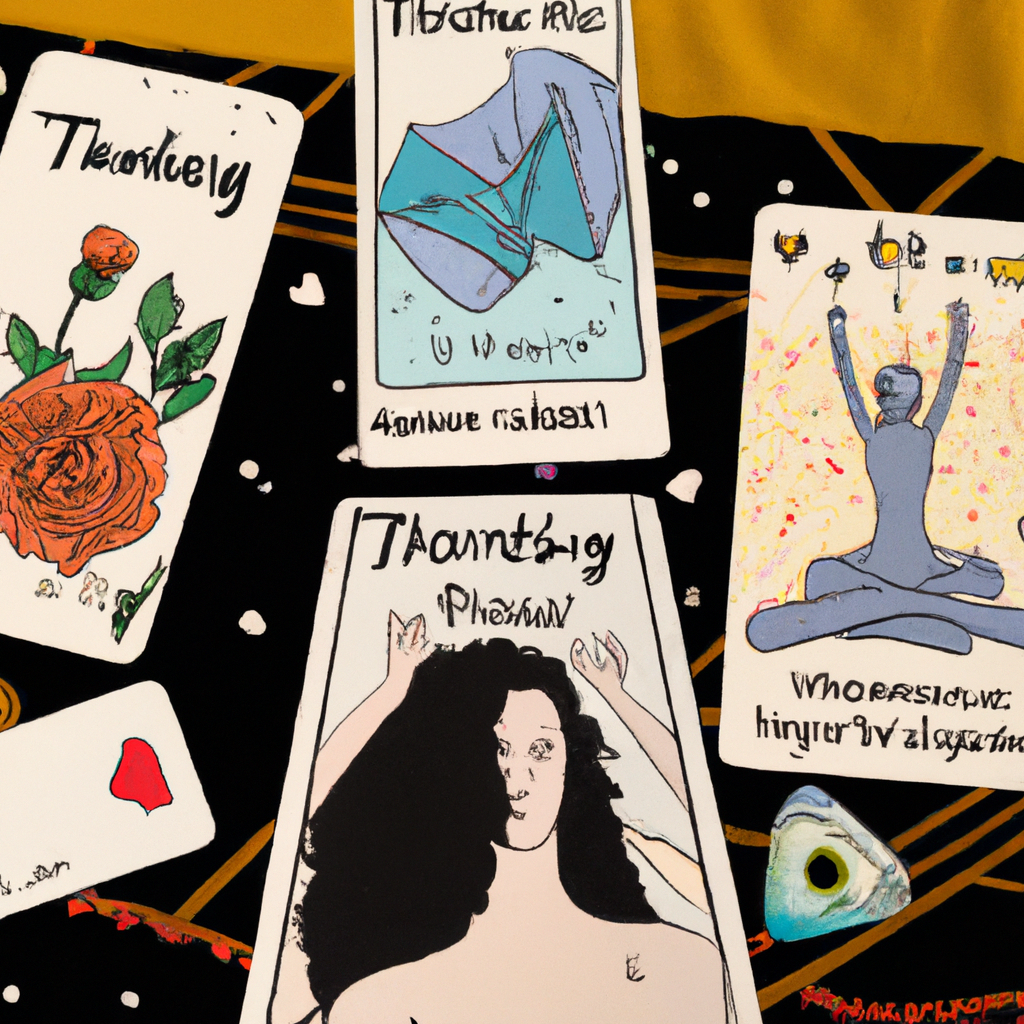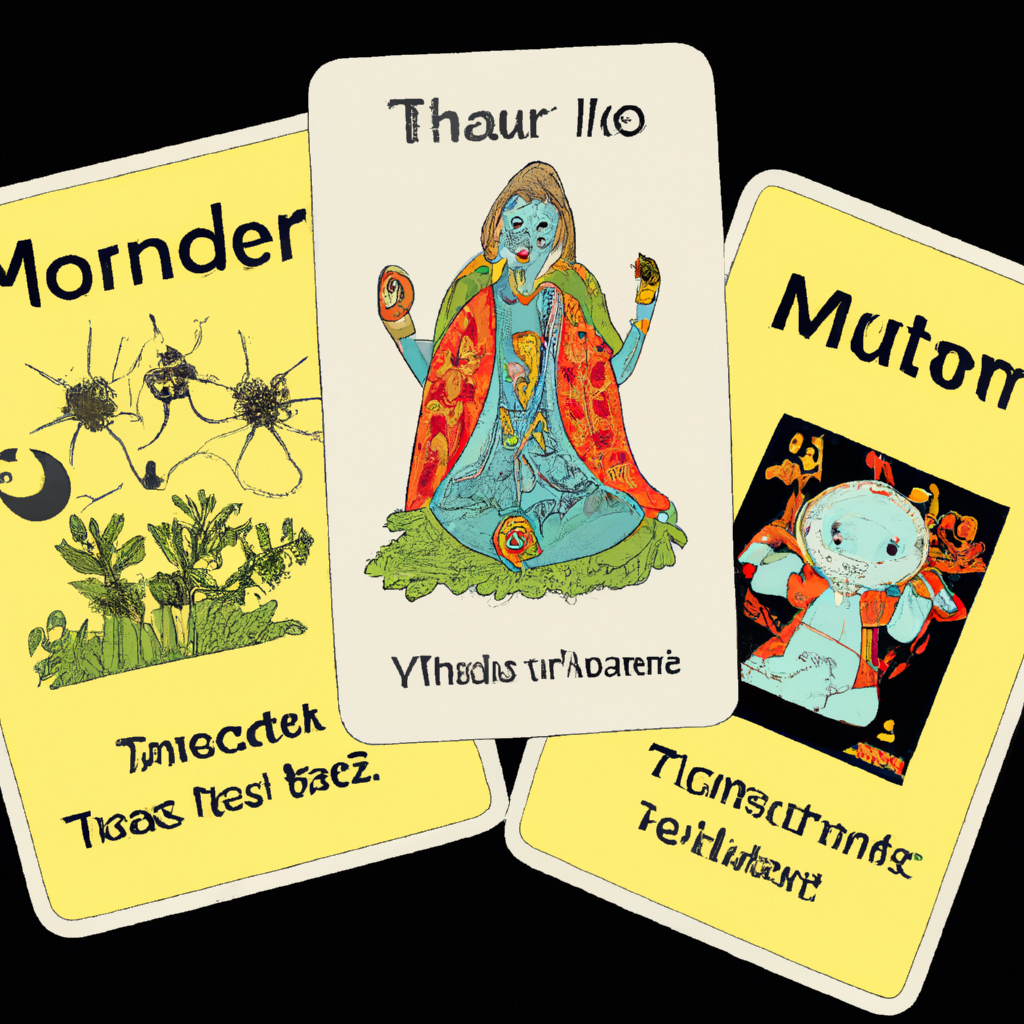Shopping Cart.
No products in the cart.
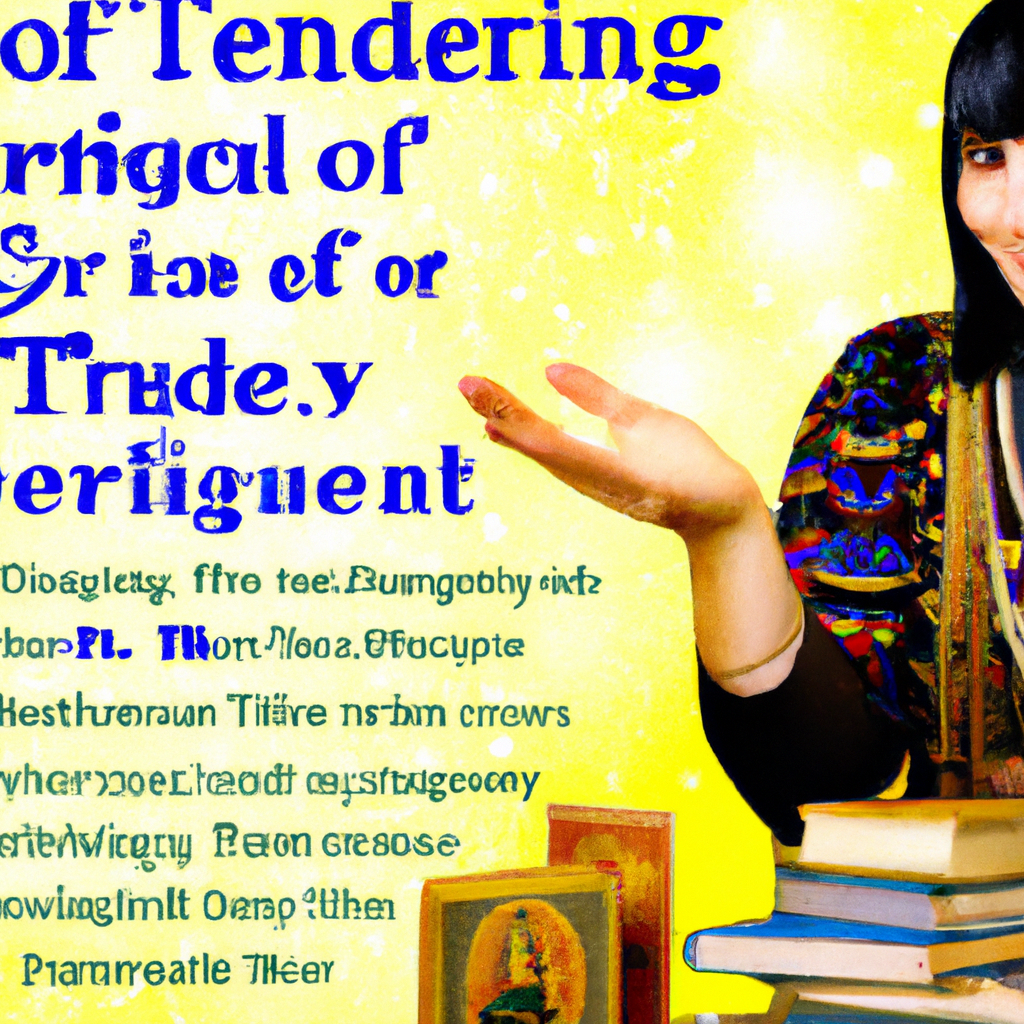
Once upon a time, in a quaint little town nestled between rolling hills and a sparkling river, lived a wise woman named Esmeralda. Esmeralda was known far and wide for her extraordinary ability to read Tarot cards. People from all walks of life would seek her guidance, hoping to gain insights into their past, present, and future. But what set Esmeralda apart from other Tarot readers was not just her uncanny ability to interpret the cards, but her unwavering commitment to ethical practices.
Esmeralda believed that the Tarot was not just a tool for divination, but a sacred instrument of guidance and wisdom. She understood that the power of the Tarot came with a great responsibility. She knew that her readings could influence people’s decisions and shape their lives. Therefore, she made it her mission to use this power wisely and ethically.
One of the guiding principles in Esmeralda’s practice was honesty. She believed that it was her duty to provide accurate and truthful readings, even if the truth was not always pleasant. She would gently guide her clients towards accepting and understanding the truth, rather than sugar-coating it or telling them what they wanted to hear.
Another cornerstone of Esmeralda’s ethical practice was respect for her clients’ autonomy. She understood that while she could provide guidance and insight, the ultimate decisions lay in the hands of her clients. She never tried to manipulate or control their choices, but instead empowered them to make their own decisions.
Esmeralda also valued confidentiality. She knew that her clients trusted her with their deepest secrets and fears, and she took this trust very seriously. She never shared any information about her clients or their readings, ensuring that their privacy was always protected.
But perhaps the most important aspect of Esmeralda’s ethical practice was her commitment to do no harm. She understood that her readings could have a profound impact on her clients’ lives, and she always strived to ensure that this impact was positive. She was careful not to instill fear or anxiety in her clients, but instead aimed to provide them with hope, clarity, and empowerment.
Esmeralda’s ethical approach to Tarot reading earned her the respect and admiration of her clients and peers. Her readings were not just accurate and insightful, but also compassionate and respectful. She was a beacon of integrity in a field often clouded by misconceptions and skepticism.
The story of Esmeralda serves as a reminder of the importance of ethics in Tarot reading. It shows us that the Tarot is not just a tool for divination, but a sacred instrument that should be used with respect, honesty, and integrity. It reminds us that as Tarot readers, we have a responsibility to our clients to provide accurate, respectful, and empowering readings. And most importantly, it teaches us that the true power of the Tarot lies not in the cards themselves, but in the ethical and compassionate use of this ancient wisdom.
So, whether you’re a seasoned Tarot reader or just starting your journey, let the story of Esmeralda inspire you to uphold the highest ethical standards in your practice. Remember, the Tarot is a powerful tool, but it’s how you use it that truly matters.
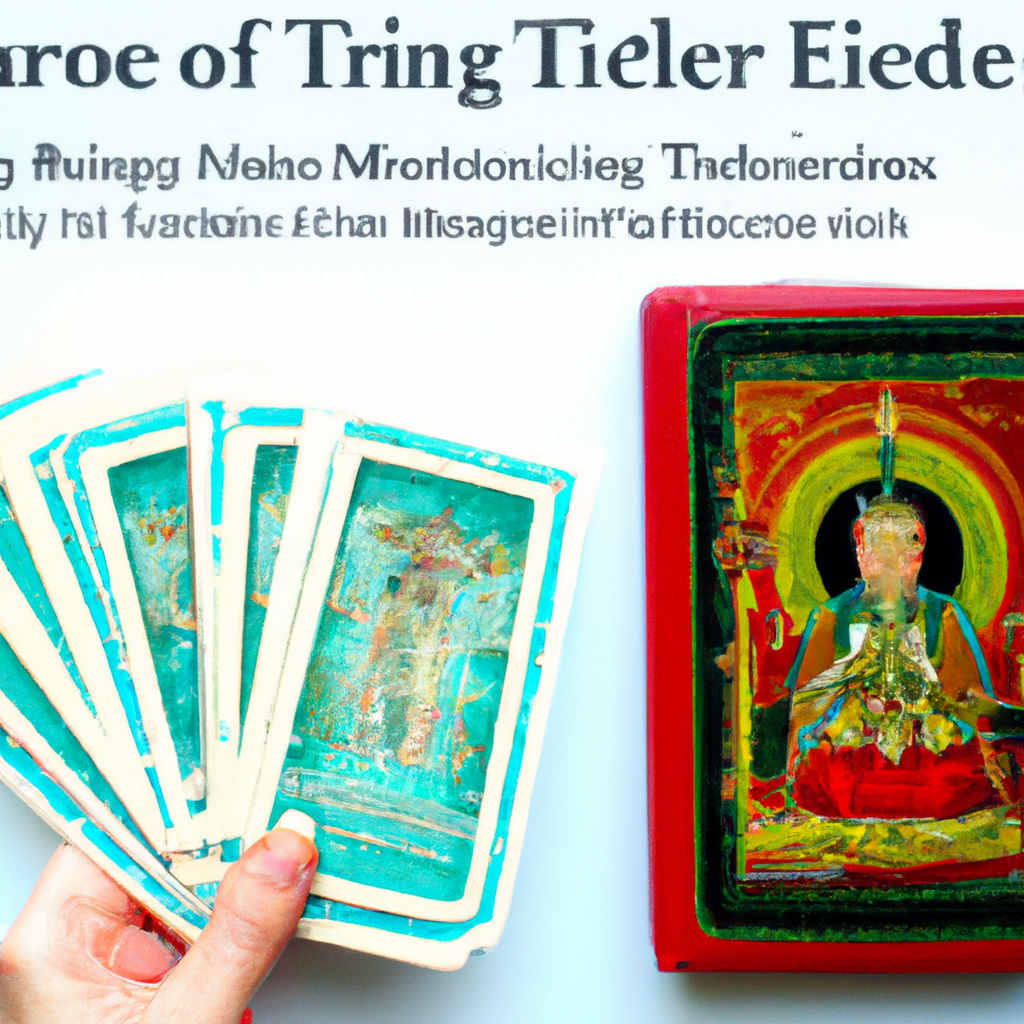
In the world of tarot reading, there exists a delicate balance between intuition and responsibility. The ethical tarot reader, much like a tightrope walker, must navigate this balance with grace and precision. They must be able to tap into their intuitive abilities to interpret the cards, while also understanding the weight of their words and the impact they can have on the querent, the person seeking guidance from the tarot.
Imagine, if you will, a sunny afternoon in a bustling city park. A tarot reader has set up a small table, draped with a vibrant cloth and adorned with a deck of beautifully illustrated tarot cards. A young woman approaches, her eyes filled with curiosity and a hint of apprehension. She’s never had a tarot reading before, but she’s at a crossroads in her life and is seeking guidance.
The tarot reader, an older woman with a warm smile and twinkling eyes, invites her to sit. She shuffles the deck, her hands moving with practiced ease. As she lays out the cards, she taps into her intuition, allowing it to guide her interpretation. But she also understands her responsibility. She knows that her words can shape the young woman’s perspective and potentially influence her decisions.
She sees in the cards a journey, a struggle, and ultimately, a triumph. But instead of painting a picture of doom and gloom, she focuses on the positive. She talks about resilience, about learning from challenges, about the strength that comes from overcoming obstacles. She encourages the young woman to trust in herself and her abilities. She reminds her that while the tarot can provide guidance, the power to shape her future lies within her.
This is the mark of an ethical tarot reader. They understand that their role is not to predict the future, but to provide insight and guidance. They respect the autonomy of the querent, emphasizing that the tarot is a tool for self-discovery and personal growth, not a definitive roadmap.
An ethical tarot reader also respects the boundaries of their role. They refrain from giving advice on topics they are not qualified to discuss, such as medical or legal issues. They understand that while the tarot can provide emotional and spiritual guidance, it is not a substitute for professional advice in these areas.
Moreover, an ethical tarot reader values confidentiality. They understand that a tarot reading can be a deeply personal and vulnerable experience for the querent. They respect this vulnerability and ensure that the details of the reading remain private.
In the end, the young woman leaves the park with a lighter heart. She feels empowered, not because the tarot reader has predicted a rosy future, but because she has been reminded of her own strength and resilience. She understands that she has the power to navigate the challenges ahead and shape her own destiny.
This is the power of ethical tarot reading. It is not about predicting the future, but about empowering individuals to navigate their own paths with confidence and clarity. It is about balancing intuition with responsibility, understanding the impact of one’s words, and respecting the autonomy and privacy of the querent. It is, in essence, a practice of empathy, respect, and empowerment.
The journey of becoming an ethical tarot reader is a fascinating one, filled with self-discovery, learning, and a deep commitment to ethical principles. It’s a path that requires not only a keen understanding of the tarot but also a profound respect for the responsibility that comes with interpreting the cards for others.
Imagine, if you will, the first time you held a tarot deck in your hands. The cards felt heavy with potential, each one a window into a world of symbols and meanings. You were eager to dive in, to learn the language of the tarot and use it to help others navigate their lives. But as you began to study, you quickly realized that reading tarot is about more than just understanding the cards. It’s about using that understanding in a way that is respectful, compassionate, and ethical.
The first principle that guides ethical tarot readers is respect for the autonomy of the querent, the person for whom the reading is being done. This means recognizing that each person has the right to make their own decisions and that the role of the tarot reader is to provide insight, not to dictate action. It’s a delicate balance, providing guidance without overstepping boundaries. But it’s a balance that ethical tarot readers strive to maintain, always mindful of the power they hold and the trust placed in them.
Next comes the principle of honesty. An ethical tarot reader is committed to telling the truth, even when it’s difficult. This doesn’t mean delivering harsh truths without tact or compassion. Rather, it means being honest about what the cards are saying, and delivering that message in a way that is both kind and respectful. It’s about being a conduit for the wisdom of the tarot, not a manipulator of its messages.
Confidentiality is another cornerstone of ethical tarot reading. Just as a doctor or therapist is bound to keep their client’s information private, so too is a tarot reader. The stories and questions shared during a reading are deeply personal, and an ethical tarot reader treats them with the utmost respect and discretion.
Finally, there’s the principle of continual learning. The world of tarot is vast and ever-evolving, and an ethical tarot reader is committed to ongoing education. This means not only studying the cards and their meanings but also learning about ethics, counseling techniques, and cultural sensitivity. It’s about striving to be the best tarot reader one can be, not just for oneself, but for the people one serves.
The journey of becoming an ethical tarot reader is not a destination, but a continuous process. It’s about constantly striving to uphold these principles, to learn and grow, and to use the tarot in a way that is both empowering and respectful. It’s a journey that requires dedication, humility, and a deep love for the tarot and the people it serves.
So, the next time you pick up your tarot deck, remember the weight of the responsibility you hold. Remember the principles that guide you, and the commitment you’ve made to ethical practice. And remember the joy and fulfillment that comes from using the tarot to help others navigate their lives with wisdom, compassion, and respect. Because that, at its heart, is what it means to be an ethical tarot reader.
The Ethical Tarot Reader: Guiding Principles in Practice is a comprehensive guide that emphasizes the importance of ethics in tarot reading. It provides a framework for tarot readers to conduct their practice with integrity, respect, and responsibility. The book highlights the need for tarot readers to maintain professional boundaries, respect client confidentiality, and avoid harmful behaviors. It encourages readers to use tarot as a tool for personal growth and self-discovery, rather than a means to predict the future. Overall, it is a valuable resource for anyone interested in tarot reading, whether they are beginners or experienced practitioners.
